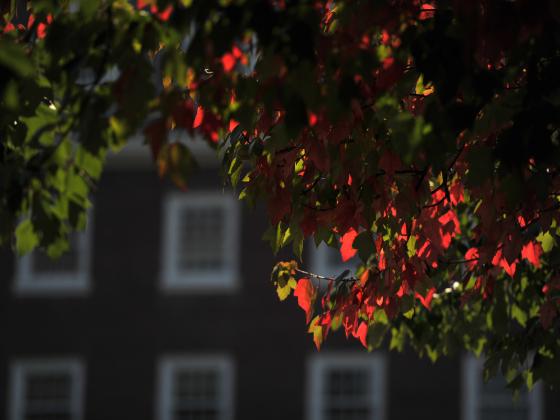Due Process
All University employees and faculty must provide due process before imposing a disciplinary action against a student. In all circumstances, the student is presumed innocent, and the University has the burden of proof.
Due process is provided for academic offense cases by providing the student the opportunity to meet with the instructor and department chair to inquire how the student completed the work in question. The meeting should not be adversarial.
Students
Please note that a student determined to have committed an academic offense may not withdraw from the course. If a student withdraws, the Registrar will reinstate the student in the course.
Students may refer to Information for Students to understand the offense and appeal process.
Faculty
For information on the procedures required by the Administration Regulations, please see Offense Procedures for Faculty.
When a Formal Hearing is Not Required
After the instructor and chair meet with the student, a formal hearing is not required if the outcome involves the following:
- The student did not commit an offense;
- The student's action was slight or not inconsequential enough to warrant a grade of zero on the assignment;
- The student's action constitutes an academic offense and warrants a penalty of zero on the assignment; or
- The student's action involved premeditation and warrants a penalty of failure in the course.
For more information on the required procedures, see Offense Procedures for Faculty.
Formal Hearings
A formal hearing is required if the penalty to be imposed is harsher than failure in a course. A hearing panel will be convened to review the evidence to determine if an offense occurred, and if so, the proper penalty to be applied.
